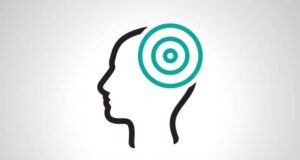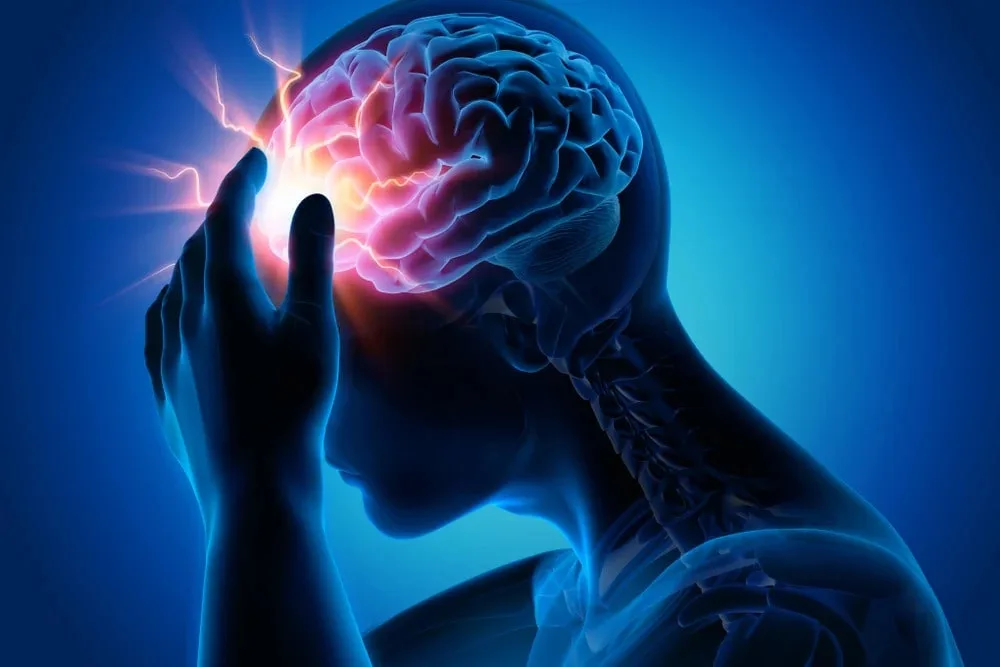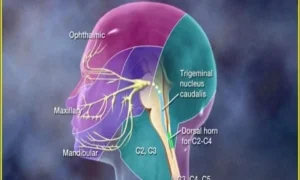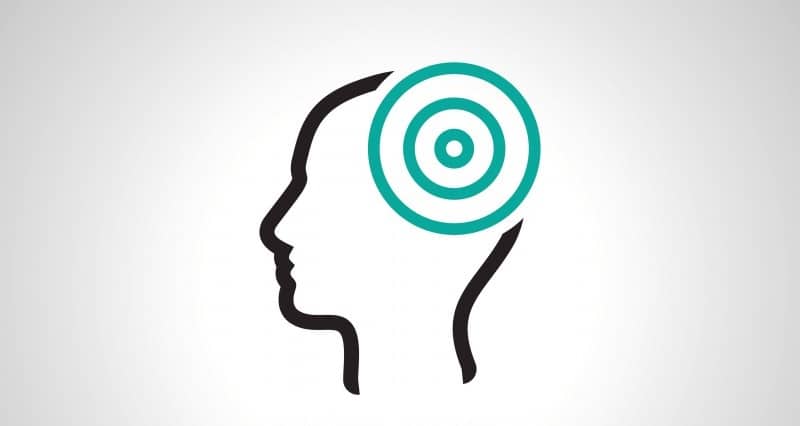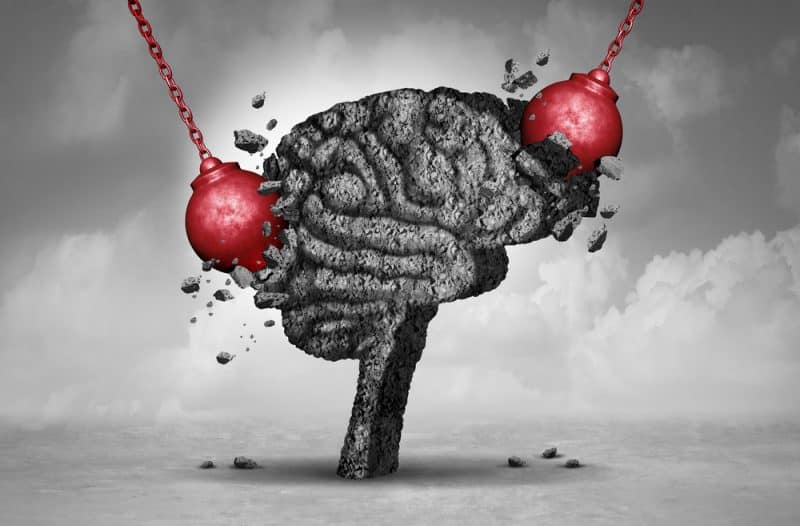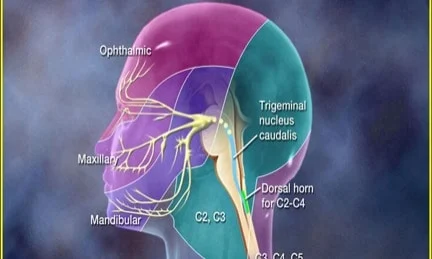If you often have headaches, you may be used to taking some pain medication, such as aspirin, for headache pain relief. For most people, over-the-counter analgesics and prescription headache medication do the trick—the headache goes away.
However, for some people—especially those who suffer from headache disorders such as chronic migraines and cluster headaches, regular and long-term use of such medications can result in medication overuse headaches, also called rebound headaches.
What are medication-overuse headaches?
Medication-overuse headache is a type of headache caused by taking painkillers (both over-the-counter and prescribed) or triptan medicines too often to treat tension headaches or migraine attacks. However, it can also happen if you have been taking the medication as instructed by your healthcare practitioner.
This type of headache is the third most common cause of headache after migraine and tension headaches. What’s more, medication-overuse headaches occur daily, or on most days. In fact, some people describe this type of headache as being constant.
Usually, medication-overuse headaches develop when a person uses painkiller medicines for at least three months.
This headache disorder is diagnosed when:
- You take analgesics to treat headache pain on 15 or more days per month;
or
- You take ergotamine, triptans, or opioids, in addition to combination analgesics on 10 or more days per month.
What types of medications can cause medication-overuse headaches?
While most analgesics and triptans can cause medication-overuse headaches, some of them are more likely than others to cause this condition. Moreover, the risk of developing medication-overuse headaches is higher when taking them regularly over a long-term period.
- Over-the-counter analgesics: such as paracetamol, aspirin, and non-steroidal anti-inflammatory drugs (NSAIDs),such as naproxen, diclofenac, and ibuprofen.
- Opiate-containing medications: such as codeine
- Triptans prescribed for migraines: such as almotriptan, eletriptan, naratriptan, and rizatriptan.
What are the symptoms of medication-overuse headache?
Generally speaking, the symptoms of rebound headaches include the following :
- Daily or very frequent headaches that start when you wake up ;
- Your headache improves when you first take the medication, but then comes back after the medication wears off ;
Other associated symptoms can include :
- Sleep problem
- Concentration difficulties and memory problems
- Nausea
- Irritability and restlessness
- Depression and anxiety
- Runny nose, nasal stuffiness, teary eyes
- General weakness
How can medication-overuse headaches be prevented?
To avoid developing rebound headaches, it is important to avoid taking painkillers and triptans for headaches and migraines for more than a few days in a row. In addition, on average, you should not take these for more than two days during any week for treating headaches and migraine pain.
Here are some other tips to follow to prevent medication-overuse headaches :
- Take your headache medicine as prescribed by your doctor
- Consult your doctor if you need to take headache medicine more than twice a week.
- Avoid caffeine-containing foods and drinks while taking painkillers that already contain caffeine.
- If you are taking medications for other conditions, ask your doctor about potential interactions between them and your headache medication
What is the treatment for medication-overuse headaches?
The treatment for rebound headaches is to stop taking medications causing this condition. Importantly, it is important to withdraw from prescription medications under the guidance of your healthcare practitioner, since there may be some side effects due to stopping them.
Some people are able to stop the medications immediately, while others will need to gradually reduce them, sometimes under medical supervision. In some cases, hospitalization and supervised withdrawal are necessary, depending on the medication used.
Conclusion
Having rebound headaches can be truly debilitating, as you are caught in the vicious cycle of trying to get relief from never-ending headaches. If you think you may suffer from medication-overuse headaches, it is essential to seek help from your healthcare practitioner and a headache specialist.
Your doctor will help to guide you through the withdrawal process and advise you on how to manage your headaches while limiting your medication use. With proper medical supervision and guidance, medication overuse headaches can be successfully treated and prevented.





